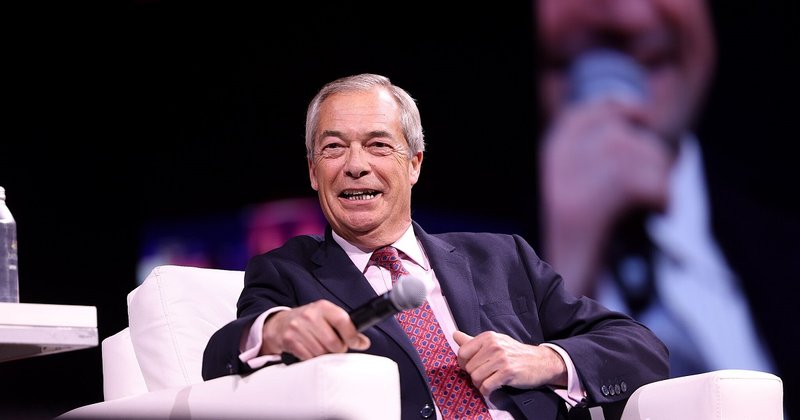Is Reform UK on course for the ‘biggest landslide’ in history?

A new poll published yesterday has led to claims that Reform UK is “on course for a record majority” and that the party would win the “biggest landslide in modern history” were a general election to be held now.
These claims, which were made by the Daily Express and the Sun, are based on the results of an MRP poll conducted by Electoral Calculus and the PR company PLMR.
Join 72,953 people who trust us to check the facts
Sign up to get weekly updates on politics, immigration, health and more.
Subscribe to weekly email newsletters from Full Fact for updates on politics, immigration, health and more. Our fact checks are free to read but not to produce, so you will also get occasional emails about fundraising and other ways you can help. You can unsubscribe at any time. For more information about how we use your data see our Privacy Policy.
But the results featured two sets of predictions—one taking into account the impact of tactical voting, and the other predicting the outcome without tactical voting—only one of which suggests Reform UK could win a “record” number of seats.
The poll predicted that without tactical voting, Reform UK would win 445 seats if a general election was held now—this would be the most seats won by a single party in a straight contest since the franchise was extended in 1918.
However the poll predicted that with tactical voting taken into account, the party would win 367 seats—still a sizable majority, but not near a record.
This caveat was not mentioned by the Express or initially by the Sun, although the latter amended its article after Full Fact got in touch.
When we asked Electoral Calculus about these results it told us: “Both predictions are valid, and which one someone prefers may depend on their own judgement about the likelihood and effectiveness of tactical voting.”
445 would be the highest number of seats won by a party that went on to form a single-party government.
It’s not a record for the number of seats or biggest landslide won by a single party, because in 1931 the Conservative party, which ran on a National Government ticket in coalition with a number of other parties, won 474 seats (according to the House of Commons Library), contributing the majority of the more than 500 seats won by the National Government, which was led by National Labour’s Ramsay MacDonald.
In practice though the 1931 result was heavily influenced by the fact that the parties involved in the National Government coalition did not stand against each other in individual constituencies, and so it is not comparable to typical general election results.